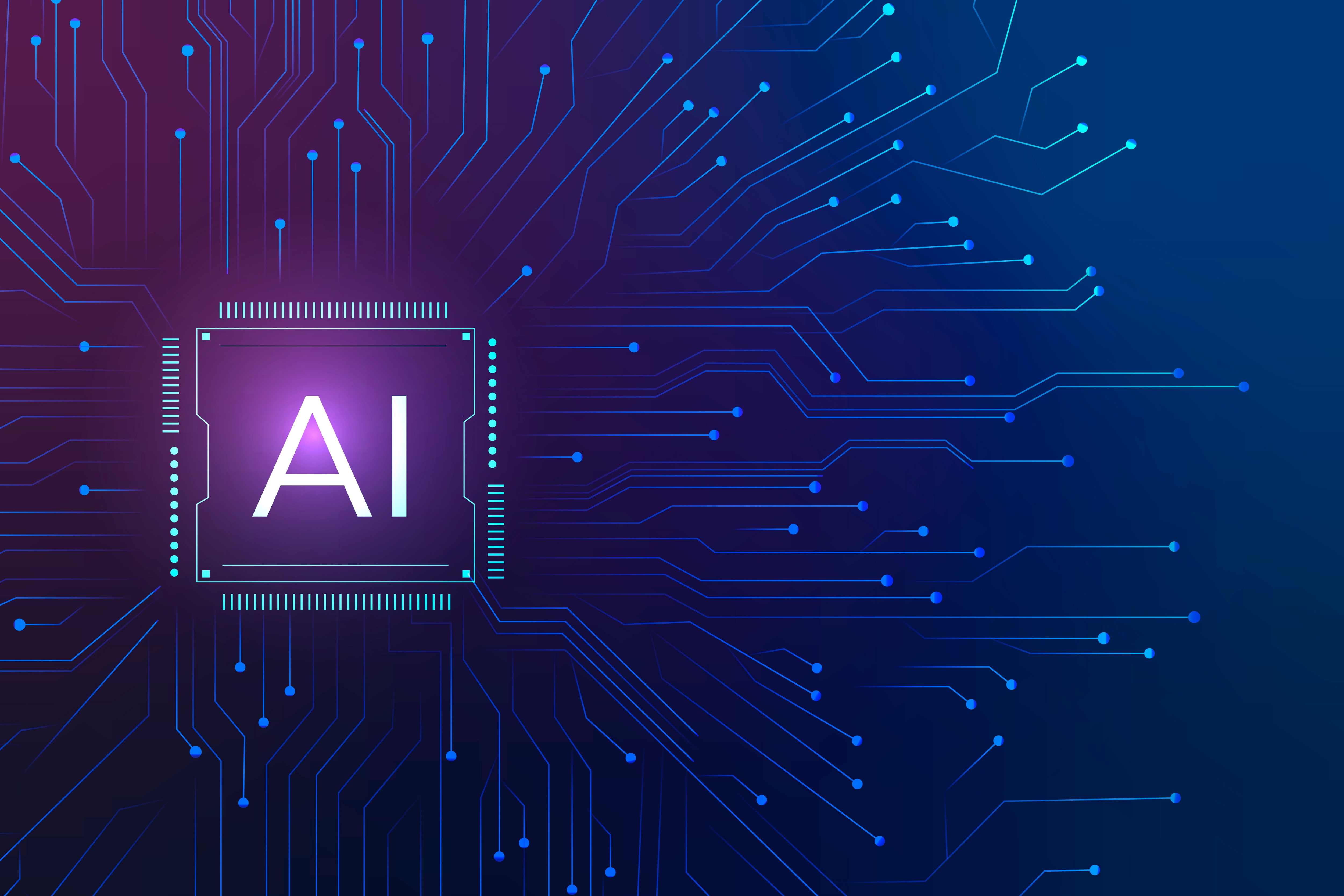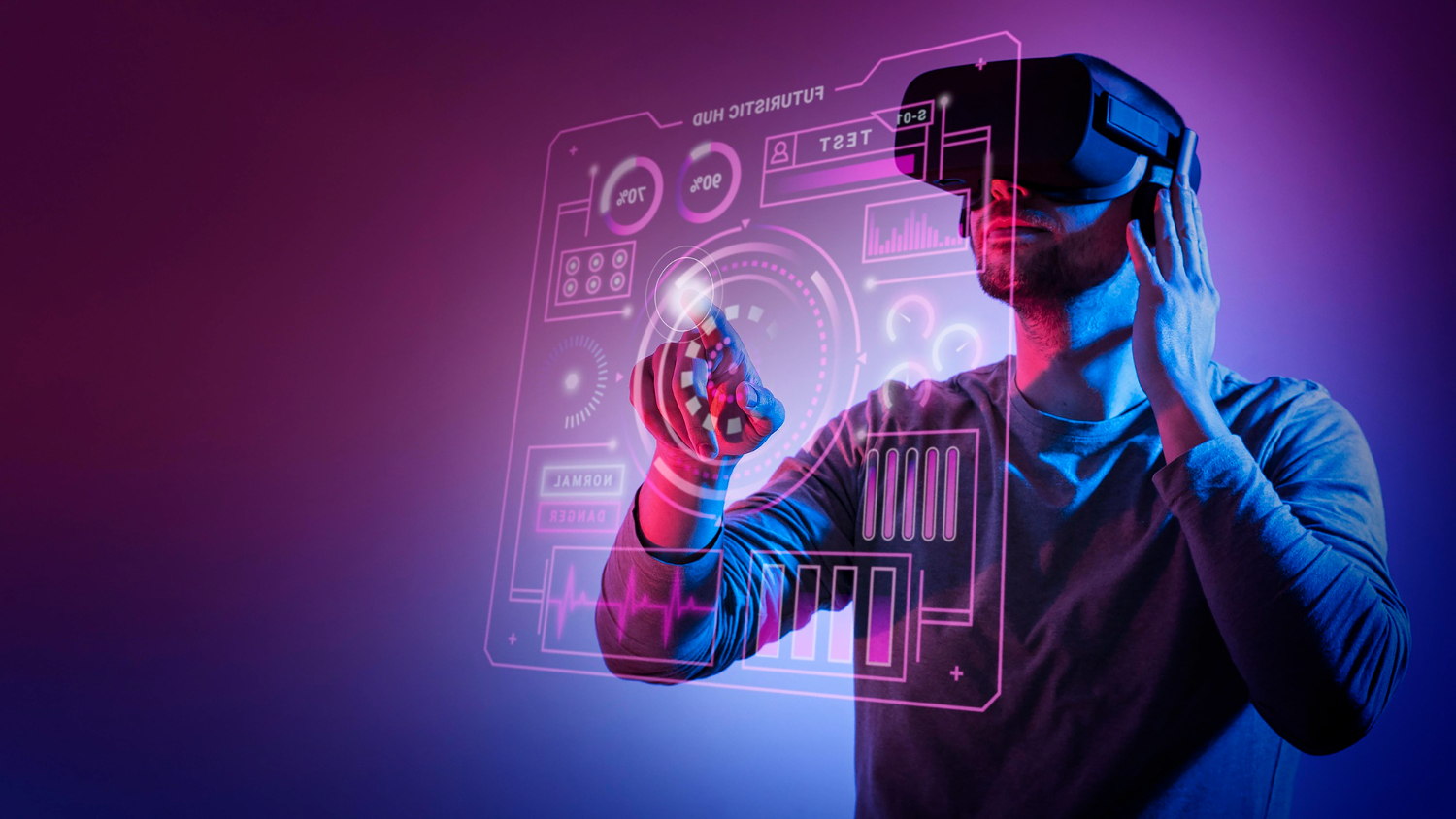

- Home
- About Us
- Career Services
- How to Apply
- Tuition Fee
- Apply Now
-
Courses & Programs

-
Events & Posts


Technology innovation is the cornerstone of global progress, transforming every sector and reshaping human experiences. From artificial intelligence and biotechnology to renewable energy and quantum computing, the advancements in technology are em [Continue Reading Below]...
Technology innovation is the cornerstone of global progress, transforming every sector and reshaping human experiences. From artificial intelligence and biotechnology to renewable energy and quantum computing, the advancements in technology are empowering societies and addressing complex global challenges. This article explores the landscape of global technology innovation, examining the driving forces, emerging technologies, and the implications for societies, economies, and the environment.
1. The Landscape of Global Technology Innovation
1.1 Defining Technology Innovation
Technology innovation refers to the development and implementation of new or significantly improved products, processes, or services that create value for users and society. This innovation drives industries forward by making processes more efficient, enhancing productivity, and enabling new functionalities that were previously unattainable.
1.2 The Role of Globalization in Technology Innovation
Globalization has played a crucial role in accelerating technology innovation by enabling knowledge sharing and collaboration across borders. Through trade, international partnerships, and digital connectivity, global markets can access diverse talent pools, research collaborations, and varied consumer perspectives, which enrich the innovation process.
1.3 Key Sectors of Technological Innovation
2. Key Drivers of Technological Innovation
2.1 Economic Factors
Economic factors like the demand for higher productivity, consumer-driven innovation, and competitive pressures stimulate technological advancements. Companies invest in R&D to create solutions that reduce costs, improve efficiency, and increase their competitive edge.
2.2 Sociocultural Factors
Consumer expectations and societal norms play a role in shaping technology. Modern consumers prioritize convenience, safety, sustainability, and personalization. These values drive companies to innovate in ways that cater to individual needs, ensure ethical practices, and foster social inclusion.
2.3 Environmental Imperatives
As environmental challenges intensify, technology innovation has shifted to focus on sustainability. Innovations in renewable energy, waste management, and environmental monitoring are essential for reducing carbon footprints and promoting a healthier planet.
2.4 Government and Policy Support
Governments worldwide encourage innovation through policy support, grants, and tax incentives. Countries such as the United States, China, South Korea, and Germany have implemented policies to nurture home-grown innovations and attract international talent, boosting their position in the global tech arena.
3. Emerging Technologies and Their Impact
3.1 Artificial Intelligence (AI) and Machine Learning (ML)
AI and ML technologies are revolutionizing industries with applications in data analytics, automation, language processing, and robotics. AI enables companies to improve decision-making, streamline operations, and personalize consumer experiences.
Impact: AI is expected to boost productivity and innovation across sectors. However, it also raises ethical concerns about privacy, data security, and employment displacement.
3.2 Internet of Things (IoT)
The IoT connects devices and systems, enabling real-time data collection and analysis. Applications span smart homes, agriculture, industrial automation, and urban infrastructure, enhancing efficiency and quality of life.
Impact: IoT improves operational efficiency and resource management, but it also presents challenges related to cybersecurity and data privacy.
3.3 Quantum Computing
Quantum computing promises exponential computational power, offering potential breakthroughs in fields such as cryptography, materials science, and pharmaceuticals.
Impact: Quantum technology could unlock new scientific discoveries and industrial innovations but requires significant infrastructure and specialized knowledge.
3.4 Renewable Energy Technologies
With climate change accelerating, renewable energy sources like solar, wind, and hydroelectric power are crucial. Innovation in energy storage, grid management, and green technologies promotes the shift to sustainable energy systems.
Impact: Clean energy technologies reduce reliance on fossil fuels, aiding in the fight against climate change. Yet, widespread adoption faces challenges such as high initial costs and the need for government incentives.
3.5 Biotechnology and Genetic Engineering
Biotechnology impacts agriculture, healthcare, and environmental conservation. Techniques like CRISPR gene editing are enabling personalized medicine, disease resistance in crops, and environmental remediation.
Impact: Biotechnology advances promise breakthroughs in health and food security. However, ethical considerations around genetic modification and cloning are complex.
4. The Role of Innovation Hubs in Driving Technology
Innovation hubs are regions or cities with high concentrations of tech companies, research institutions, and government support, creating environments conducive to technology advancement. Silicon Valley in the United States, Shenzhen in China, and Bangalore in India are examples of global innovation hubs that foster technological growth through networking, funding, and collaboration.
4.1 Silicon Valley
Silicon Valley is the world's most famous innovation hub, with tech giants like Apple, Google, and Facebook. Its ecosystem is marked by venture capital, research universities, and a collaborative culture.
4.2 Shenzhen
Known as China's Silicon Valley, Shenzhen is a manufacturing and innovation powerhouse. It’s home to leading tech firms such as Huawei and Tencent, benefiting from government support and a strong supply chain.
4.3 Europe’s Digital Innovation Hubs
Europe has numerous innovation clusters, with Germany’s Industry 4.0 initiative, London’s fintech ecosystem, and Nordic countries’ emphasis on green technologies and digital health. Europe’s hubs promote an innovation-friendly environment with an emphasis on ethics and sustainability.
5. The Ethical and Social Challenges of Technological Innovation
5.1 Data Privacy and Security
The digital age has introduced vast amounts of data, raising questions about data ownership, privacy, and security. Governments and organizations face the challenge of balancing innovation with protecting individuals’ rights and safeguarding sensitive information.
5.2 Employment and Workforce Transformation
Automation and AI are redefining job roles, creating a demand for reskilling and upskilling in sectors where human jobs are at risk. Innovations such as collaborative robots (cobots) and AI-powered tools require rethinking traditional workforce structures.
5.3 The Digital Divide
While technology improves connectivity and access to information, it also widens the digital divide. Many regions and demographics still lack access to high-speed internet and technological infrastructure, which hinders equitable growth.
5.4 Ethical AI and Algorithmic Bias
As AI systems are used in decision-making, there is a risk of unintended biases encoded into algorithms, potentially leading to discriminatory outcomes. Ethical AI principles are being developed to ensure fairness, transparency, and accountability in AI deployments.
6. Future Trends in Global Technology Innovation
6.1 Artificial General Intelligence (AGI)
The next frontier of AI, AGI, aims to achieve human-like cognitive capabilities in machines. AGI has the potential to solve complex global issues, but its development requires caution due to potential societal impacts.
6.2 Augmented Reality (AR) and Virtual Reality (VR)
AR and VR are enhancing fields such as education, healthcare, and entertainment. VR-based therapy and AR-powered training tools offer new learning and healing experiences.
6.3 Advanced Biotechnologies
Biotechnological advancements, such as personalized medicine, tissue engineering, and synthetic biology, promise to revolutionize healthcare. These technologies are projected to have widespread applications, from regenerative medicine to climate change mitigation.
6.4 Blockchain and Decentralization
Blockchain technology offers a decentralized and secure way of handling transactions and data storage. While primarily known for cryptocurrency, it has applications in sectors like supply chain management, identity verification, and voting systems.
7. The Path Forward for Technology Innovation
Global technology innovation continues to drive economic growth, improve societal wellbeing, and address pressing global challenges. However, with great power comes great responsibility. As technology reshapes our lives, stakeholders—including governments, businesses, and individuals—must work together to ensure that innovations align with ethical standards, contribute to sustainable development, and create equitable opportunities for all.
This overview of global technology innovation underscores its significance in shaping the future of humanity. Embracing innovation responsibly will enable societies to harness technology’s full potential, creating a better and more inclusive world for future generations.
Stay updated with our most recent articles and insights.

Technology innovation is the cornerstone of global progress, transforming every sector and reshap...

As we look ahead to 2025, the technology landscape is evolving rapidly, with innovations spanning...

Artificial Intelligence (AI) is fundamentally transforming the technology industry, driving innov...

The modern digital landscape is a double-edged sword; it drives growth and innovation but simulta...

One of the most crucial roles in bridging the gap between business objectives and technological i...

In today’s rapidly evolving technological landscape, Artificial Intelligence (AI)

In today's fast-paced digital landscape, an effective digital marketing strategy is critical ...

In the digital age, software engineering plays a crucial role in shaping the landscape of Informa...

In the 21st century, few fields have made as significant an impact on the world as Information Te...
Are you passionate about technology and looking to explore opportunities in the IT sector? Whether you're just starting out or seeking to advance your career, dive into the latest trends, insights, and resources to help you succeed in the ever-evolving world of information technology.

The Scrum Master course is designed for individuals aspiring to be effective Scrum Masters in agi...

The Business Analyst course focuses on developing analytical and problem-solving skills required ...

The Project Manager course provides a comprehensive understanding of project management principle...

The Salesforce Developer course is designed to equip students with the skills needed to develop c...

The Salesforce Administrator course focuses on developing the skills required to configure and ma...

The Help Desk Support course provides students with foundational knowledge and skills to excel in...

The Customer Support Technician course focuses on developing the skills necessary to provide exce...

The Data Analyst course is designed to equip students with the skills and knowledge required to a...

The Azure Cloud Engineer course focuses on developing the skills necessary to design, implement, ...
At Biitech Academy, we provide comprehensive, expert-led IT courses designed to enhance your skills and accelerate your career growth. Join us to advance your journey in the tech industry.

Our courses cover fundamental to advanced topics, ensuring a thorough understanding of IT concepts and practices.

Learn from experienced professionals who bring real-world expertise and insights to every lesson.

Each course is designed to build and strengthen your technical skills, making you more competent and confident in the IT field.

We provide training that aligns with industry demands, helping you gain the knowledge and certifications needed to advance your career.